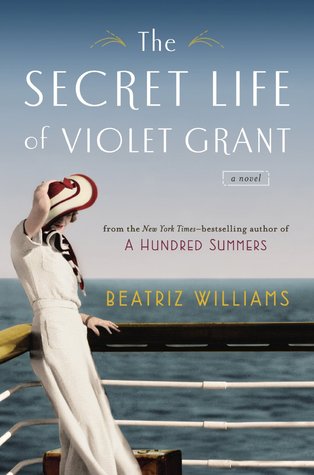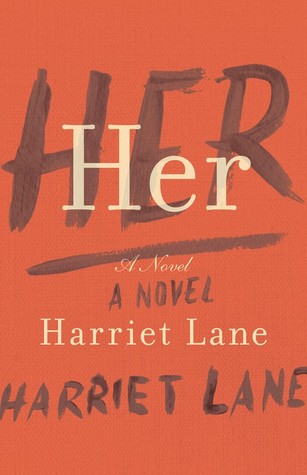“Hate will keep you alive where love fails”
I don't know what possessed me, in the lead up to Christmas, to read this book in particular. Nor what motivated me to keep reading when I realized just how dark it is. However, I'm not upset that I did, even if it was an awfully dark, twisted sort of story to read in the holiday season.
This book, the start of a series, tells the story of Prince Honorous Jorg Ancrath. Known as Brother Jorg to the men he leads on the road, our protagonist journeys from an innocent child witnessing the murder of much of his family to one of the darkest, most sociopathic characters I've ever seen. Something breaks in Jorg the night his mother and brother are taken from him, as he struggles to free himself from the thorn bush that holds him fast. Jorg heals from his injuries physically, but mentally and emotionally he is never the same. Four years pass between this horrific turning point and the setting of our story, with Jorg recalling some of what happened to put him on this path in chapters conveniently labelled "Four Years Ago." Jorg, although only reaching the age of 14 during the course of this volume, manages to commit some truly horrific crimes as he raids the countryside with his band of brothers, on a path to revenge and power.
It's important to understand the setting of this book, since it makes what Jorg does a little more...understandable is the wrong word, but the context at least makes it less insane. The Empire has been fighting a war, or really series of battles, known as The Hundred. The land is hopelessly fractured, with a hundred small nations all competing for power that none of them are likely to ever hold. It's the perfect environment to nurture the kind of brutality our protagonist is famous for. Coming to this book as a lover of things dark and violent (I've read and watched all of Game of Thrones, I adore Vikings, etc), I wasn't particularly scandalized by the violence perpetrated by any of the characters. What I found interesting and compelling was the internal dialogue of Jorg - how he chose to justify what he did, how little he minds sacrificing those close to him, and the complete lack of emotion with which he addresses just about everything.
Jorg is a terrifying and awful character...and I loved him anyway. Loved not in an affectionate way, but loved as a character. For all that he is brutal and unrepentant, I'll be damned if he isn't charismatic and interesting. I'm glad for it, because this book wouldn't work any other way. It feels a little weird to care about and possibly root for (the jury's still out on whether or not I *really* want him to succeed in what he does) such a dark and terrible character, but you kind of can't help it. It's very, VERY easy to forget how young Jorg is. He kills for the first time at 10, and the things he does at 13 & 14 are crimes you'd be upset and surprised to hear an adult committed, let alone a pre-teen.
I will tell you, this book is *not* going to appeal to everyone. There is a lot of darkness, and a lot of violence, and much of it committed by or ordered by our young protagonist. If that's not your cup of tea, feel free to skip it. But it's a really interesting and very different entry to the fantasy genre. I know I didn't mention any of the fantastical elements, but I think it's better to come across them in the course of the narrative instead of letting me tell you about them - suffice it to say that magic and fantasy to play a role in this story. Will I pick up the next one? Possibly, but I think I need a small break before diving back into Jorg's darkness.
MERRY CHRISTMAS ALL!
Check out more great reviews at Cannonball Read!




